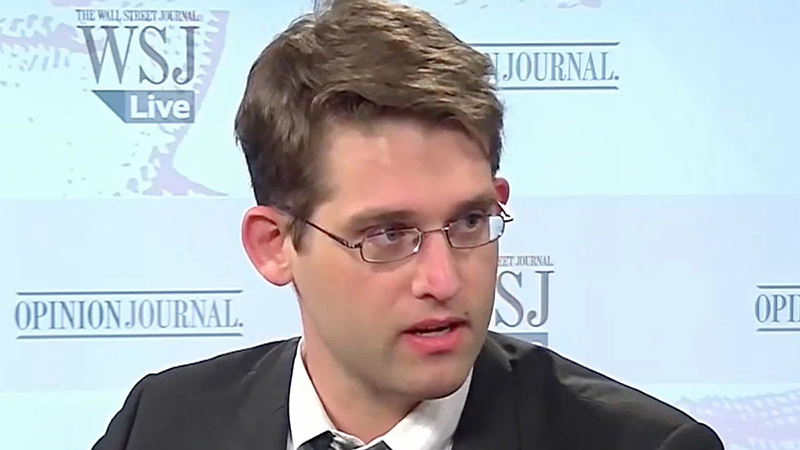Sixteen years after Joe first wrote these words, and five years after his untimely passing at age 34, it seems clear that hyperlinks are now the least of our worries when it comes to the news media and our nation’s information ecosystem. I’m confident he would agree.
Our current news landscape is now dominated by platforms and apps that prioritize quickness and connection over quality of communication. Whether it’s the latest social media craze, viral and livestreaming videos, or reporting a story within the confines of a 280-character count, these days, journalism is all about speed, brevity, and increasingly, ideology.
This has all seriously compromised journalistic integrity. When quantity and pace reign supreme, when the media put a finger on the scale for “their side” rather than just reporting the facts, the result is what Joe warned us about — an echo chamber of thoughts and half-truths produced by journalists too busy to substantiate and too worried about falling out of favor with their publication’s party line. It’s a disheartening situation that runs completely counter to Joe’s legacy as a journalist who always followed the facts, practiced independent thought, and had the courage to go against the crowd.
One of Joe Rago’s greatest attributes was his wry optimism in the face of despair. Joe believed that life would never be perfect, but that it was still worth trying to make things better. He also recognized that we must continue to nourish important American institutions, including journalism, despite their many flaws.
It’s because of his legacy that my organization, The Fund for American Studies (TFAS), created the Joseph Rago Memorial Fellowship for Excellence in Journalism. This program provides recent college graduates and young journalists a nine-month internship with The Wall Street Journal’s editorial team, where they research and fact check content, work with outside contributors, pitch stories, and write under their own bylines and as part of the Journal’s editorial team. This unique opportunity gives newly minted writers a firsthand look at the importance of a free press and accurate news reporting. To date, it has provided five young journalists the opportunity follow in the footsteps of Joe Rago, a Pulitzer Prize–winning editorialist who earned that accolade with his “well-crafted, against-the-grain editorials” that challenged healthcare reform advocated by then-President Barack Obama.
Five years after the world lost Joe Rago, his legacy lives on today in part through the next generation of journalists he has inspired. In the face of adversity, with journalism continuing to drift further from its fact-based roots, we must continue the work of ensuring that future Joe Ragos have the opportunity to follow the facts wherever they might lead and do so courageously.


